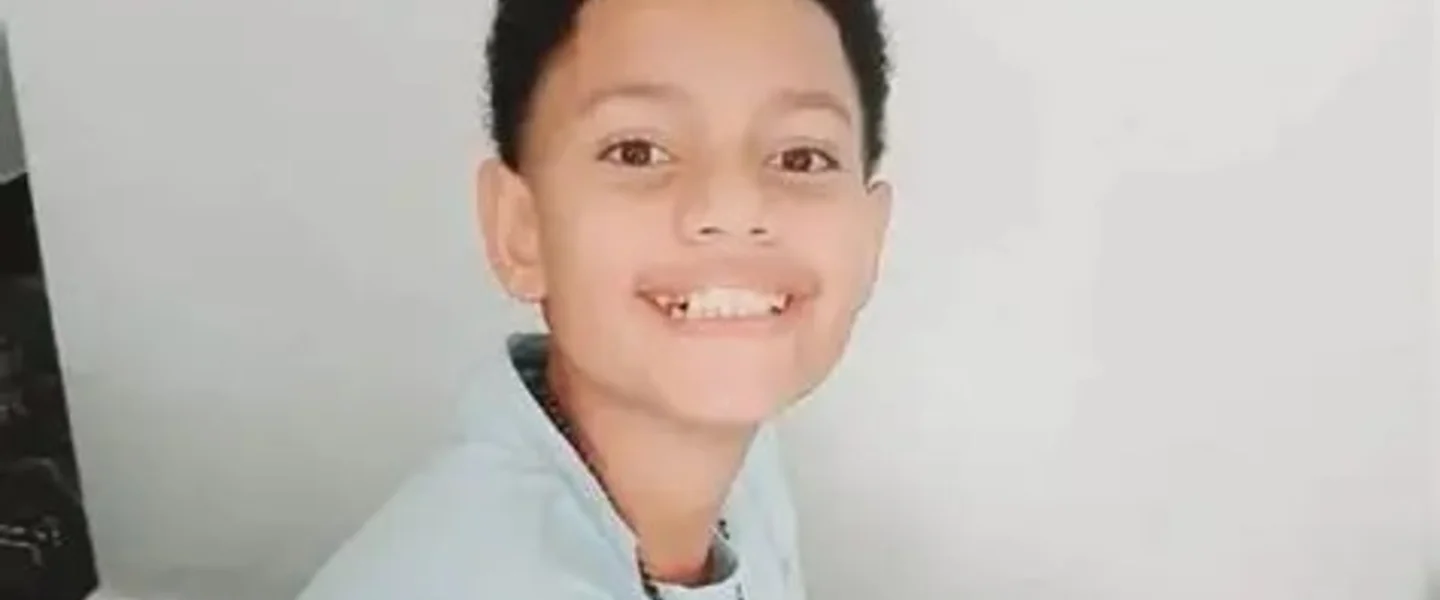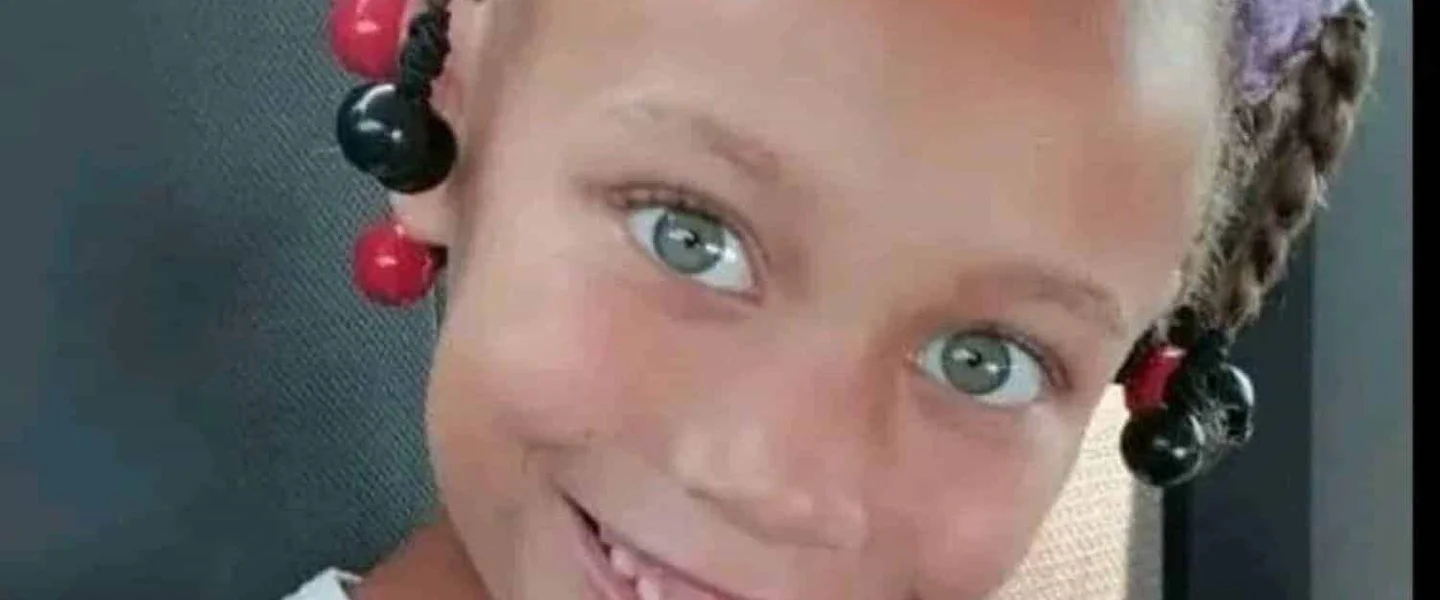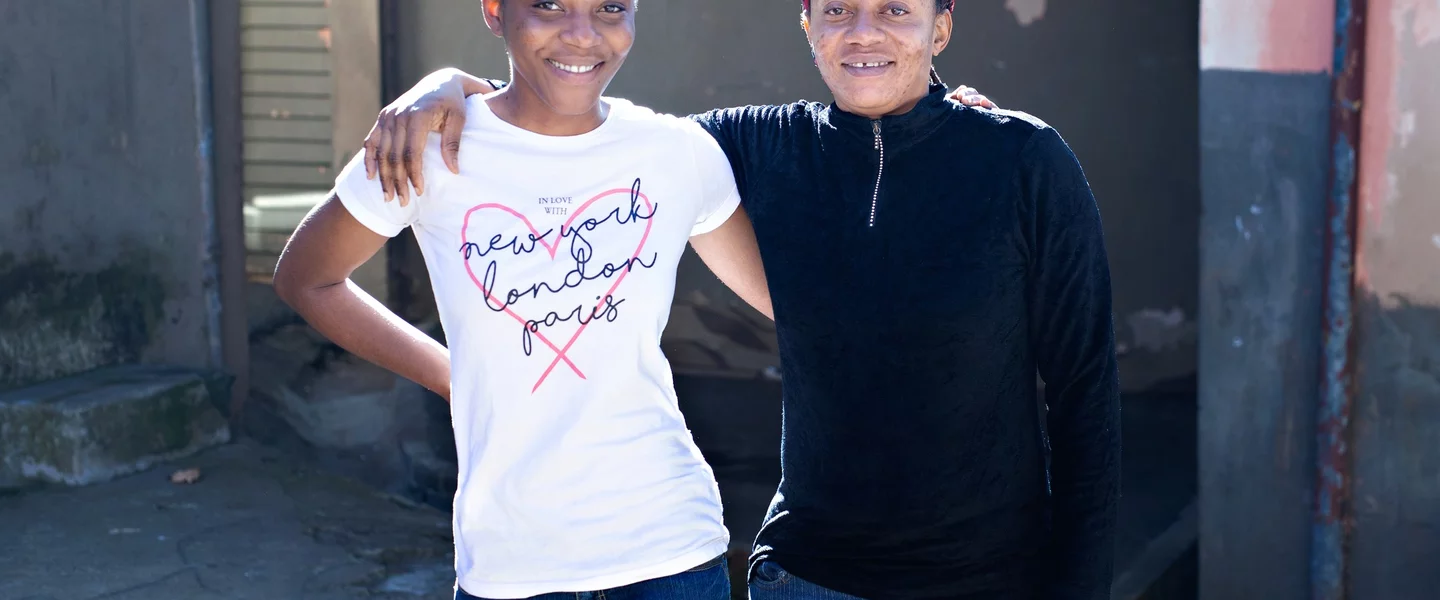FOR IMMEDIATE RELEASE
42% of Children in South Africa Experience Violence: It's Time to Act
Gauteng, 30 April 2025- Today, on the International Day to End Corporal Punishment of Children, Save the Children South Africa (SCSA) stands unwavering in its commitment to protecting every child's fundamental right to a life free from violence. Despite South Africa's groundbreaking progress in prohibiting corporal punishment in all settings, the harsh reality is that many children continue to suffer in silence. The 2019 Constitutional Court ruling that struck down "reasonable chastisement" was a monumental step forward, positioning South Africa as a beacon of hope for child protection in Africa. However, studies show that 42% of children in South Africa have experienced some form of violence during their childhood, highlighting the urgent need for collective action.
The impact of corporal punishment on children is devastating. It can damage neurological development, compromise cognitive development, and increase aggression. Corporal punishment violates children's human rights, including their right to dignity, freedom, and security. Every child deserves a childhood free from violence, and it's our collective responsibility to ensure they receive the care and protection they deserve.
Globally, the situation is dire: a mere 15% of children worldwide are shielded from corporal punishment by law. At this slow pace, it will take another 60 years to achieve the SDG goal of eliminating corporal punishment by 2030, a stark reality that underscores the uncertainty of South Africa's own progress toward Goal 16.2, which seeks to end all forms of violence against children.
As a signatory to the UN Convention on the Rights of the Child (UNCRC) and the African Charter on the Rights and Welfare of the Child (ACERWC), South Africa has a binding obligation to safeguard children from physical and mental violence. The law is clear, but its implementation is lagging.
SCSA is working tirelessly to prevent violence against children by empowering parents and caregivers with the knowledge and skills to adopt positive discipline strategies. SCSA’s training programmes focus on positive parenting techniques that nurture healthy child development and non-violent conflict resolution. These programmes aim to shift societal norms and attitudes toward discipline, ultimately reducing the prevalence of corporal punishment.
To create lasting change, we urge:
- Strengthen Enforcement Mechanisms: Effective enforcement of existing laws, coupled with clear guidelines and training for law enforcement and child protection agencies.
- Public Awareness Campaigns: Nationwide campaigns to educate caregivers, educators, and communities about the devastating harms of corporal punishment and promote positive discipline.
- Support Services for Families: Accessible parenting programmess and counselling to assist families in adopting positive discipline strategies.
- Monitoring and Evaluation: Robust systems to track progress and evaluate the effectiveness of interventions.
“Ending corporal punishment is not just about changing laws; it's about changing hearts and minds,” said Gugu Xaba, CEO of Save the Children South Africa. “Together, we can create a culture where children are cherished, heard, and protected from all forms of violence.” Save the Children South Africa remains steadfast in its commitment to collaborating with government, civil society, and communities to ensure every child grows up in a safe, nurturing environment.
ENDS
***************************************************************************************************************
About Save the Children South Africa
Save the Children believes every child deserves a future. In South Africa and around the world, we work every day to give children a healthy start in life, the opportunity to learn and protection from harm. When crisis strikes, and children are most vulnerable, we are always among the first to respond and the last to leave. We ensure children’s unique needs are met and their voices are heard. We deliver lasting results for millions of children, including those hardest to reach.
We do whatever it takes for children – every day and in times of crisis – transforming their lives and the future we share.
For media inquiries, please contact:
Banele Senatla


